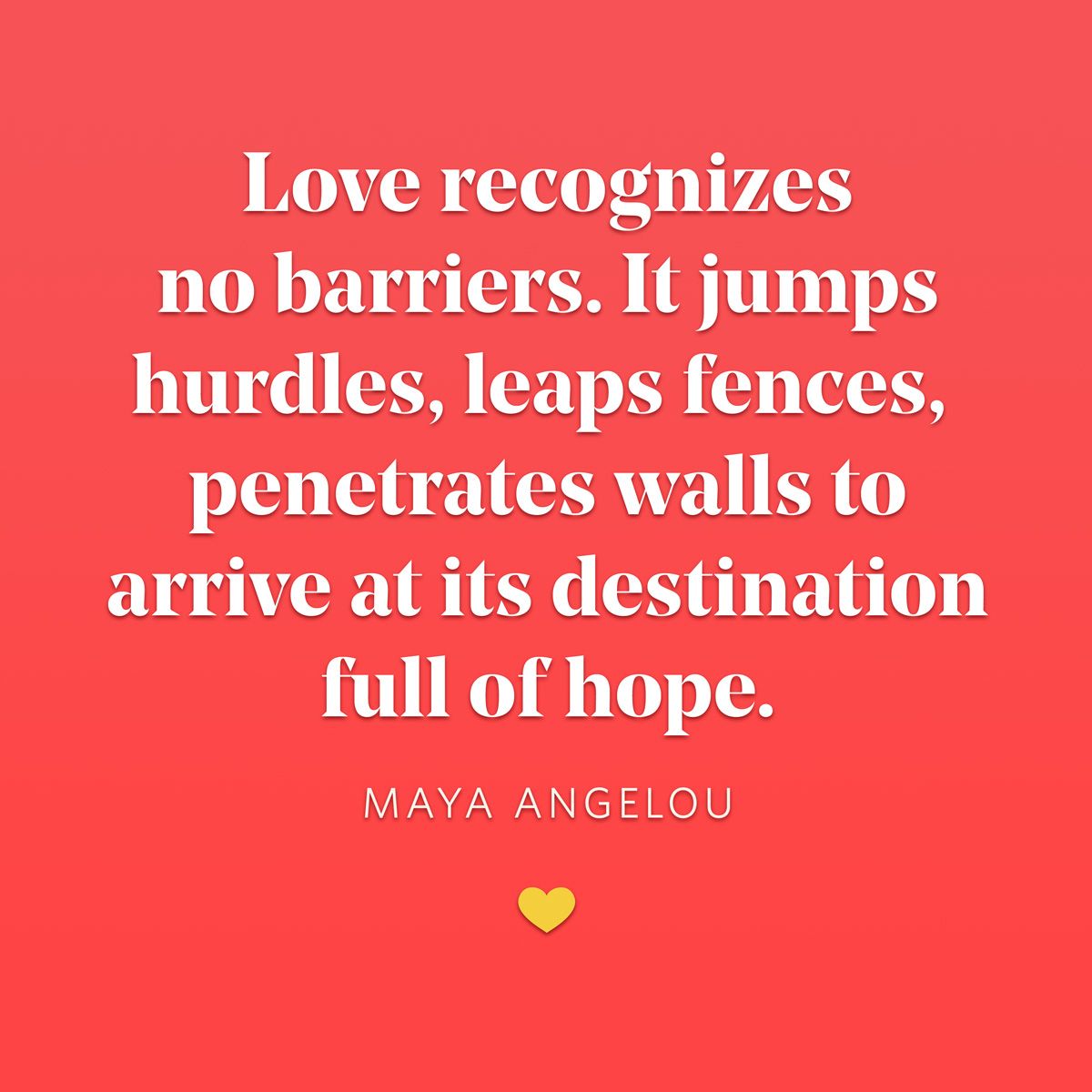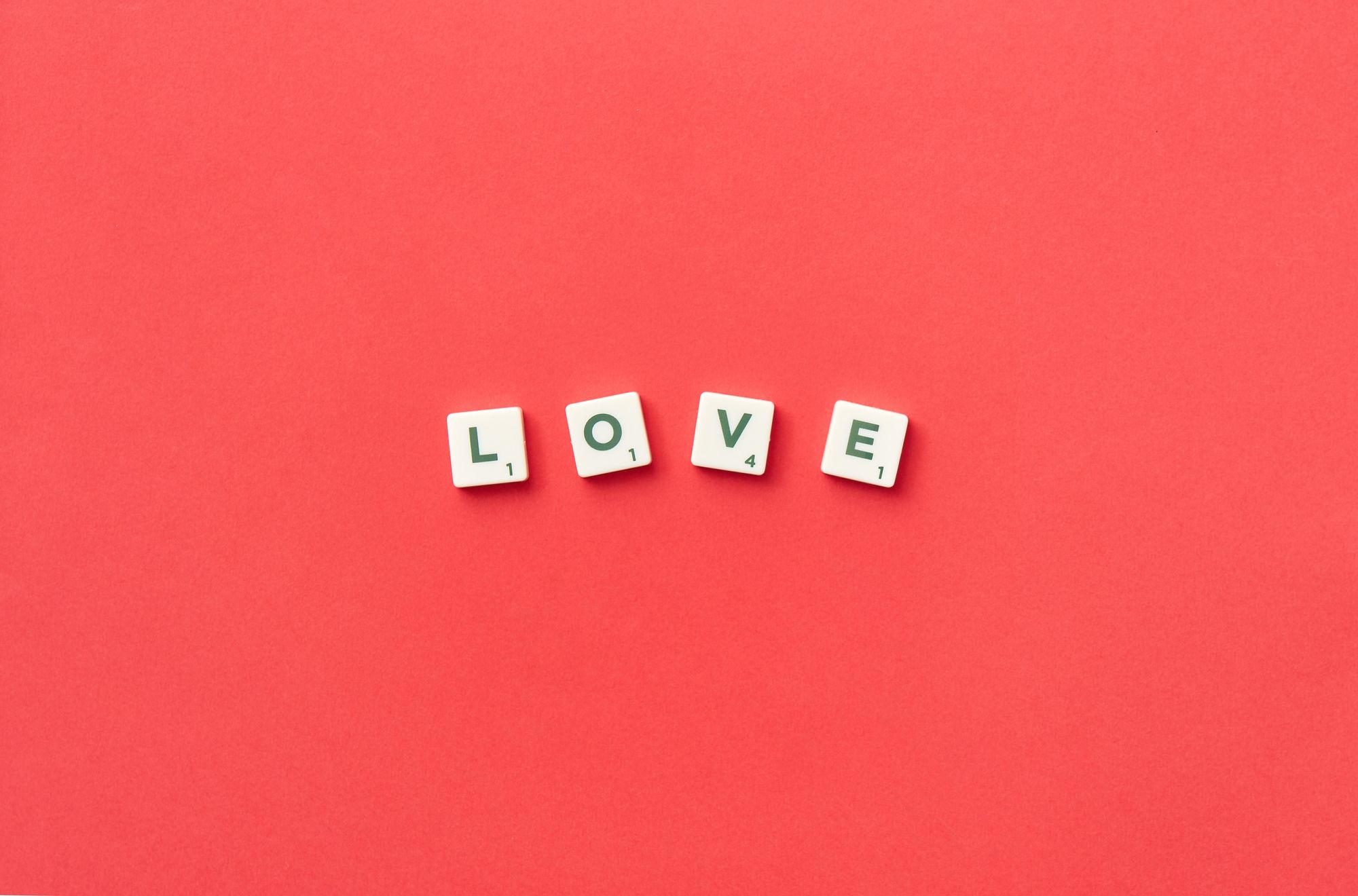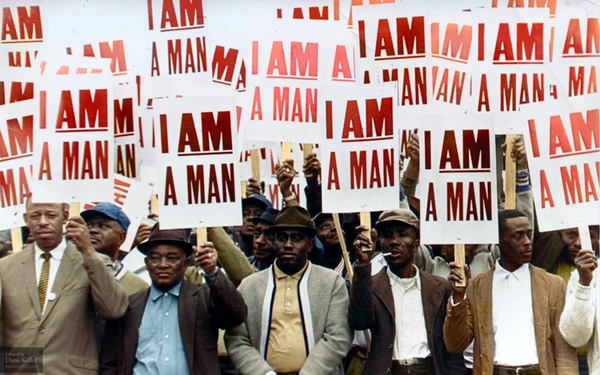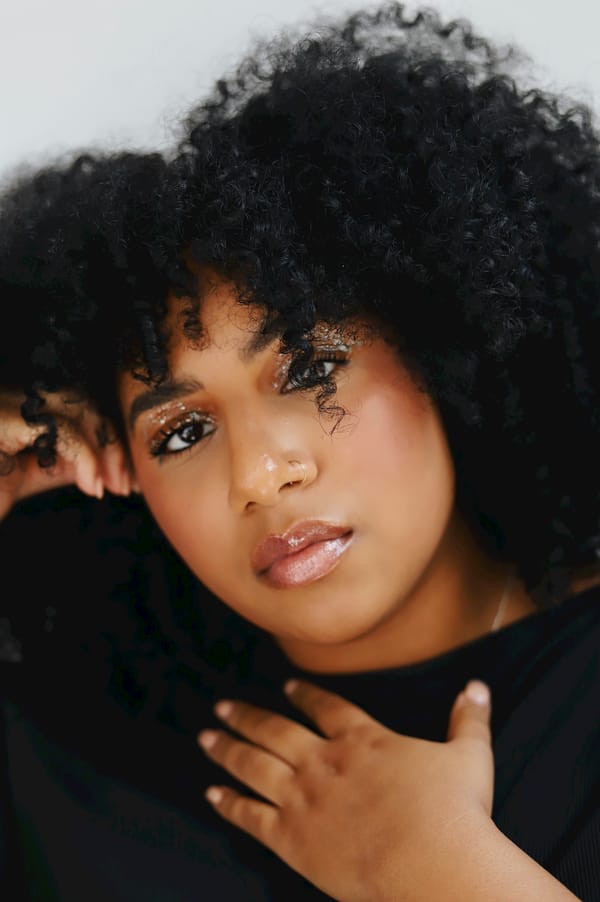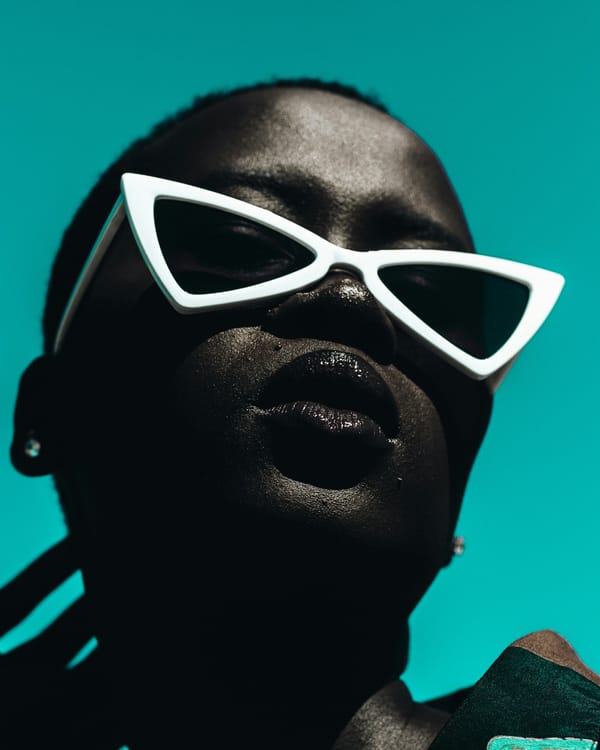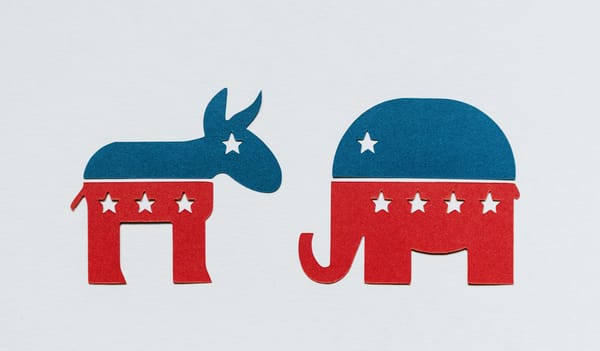Editor’s Letter
This Valentine’s Day we’ve curated five articles by our writers that explore divine love, increasing one’s ability to love, love as a form of justice, what love without walls or preconditions looks like, and love in action—all through the lenses of racial equity, allyship, and inclusion.
It’s definitely not a box of chocolates, but the assortment is pretty amazing!
Love one another.
Clay Rivers
OHF Weekly Editor in Chief
LOVE LETTERS
“Is God Love?”
By Clay Rivers

Richard Hine: First, congratulations on surviving Covid so far. I know Ron “DeathSantis” hasn’t made it easy to do that in Florida.
Clay Rivers: Thanks, Richard. I’m still testing negative and dodging Covid as best I can.
Second, what do you think of the recent viral speech by State Sen. Mallory McMorrow, a suburban white woman in Michigan, and what she says about “Christianity”?
Senator McMorrow’s speech is like a breath of fresh air. She hit the nail on the head when she said that Christianity and faith are about community and using your blessings to be of service to people who have less. Her message isn’t new, Christ lived and taught this over 2,000 years ago.
What is your sense of the notion that “God is Love”? And how Christians should apply Jesus’ command to “love each other.”
Without getting too preachy, “God is love” isn’t a pithy, hippy slogan from the 1960s that’s making a comeback. It’s in Scripture, specifically 1 John 4:8 and 1 John 4:16. Because scripture is always better understood when it’s considered in the context of the passage instead of cherry-picked, let me provide a setup for the verse. Right up front, I have to say I am a layperson and make no claims to being a “collar” or “scholar” of the Bible, so I apologize for any glaring errors in my interpretation.
So. God is love.
In 1 John 4:7-20, the Apostle John invites his listeners/readers to love one another. He explains that everyone born of God knows love, that “God is love,” and the source of all love, and anyone who loves knows God. Further, he says that because God first loved us and sent his Son as atonement for our sins, we are also to love one another. And at the end, he calls those who say they love God and hate their brothers and sisters liars, because if they can’t love someone they’ve seen, they can’t love God who they have not seen. As children of God, we are to reflect our Father’s nature by loving one another without preconditions.
The verses in which Jesus instructs his disciples to love one another make up my favorite Bible passage. For a little context here . . . on the night before he’s crucified, during the Last Supper, Jesus gives the Disciples a new commandment: that they love one another. To stress its importance, Jesus repeats it three times in as many sentences. The first time, he tells them to love one another. The second, Jesus tells them how to love one another as he loved them. And the third time, he tells them people will know they are his disciples if they love one another.
You asked, “How should Christians apply his command?” [laughs] Generously and without precondition. Dare I say, liberally? If Christians want to know how Christ loved, all they need do is look at his life, the miracles he performed, and the parables he told. He was born a refugee. He didn’t hobnob with the rich and powerful. He hung out with the marginalized. It’s all there, a veritable how-to guide on how “Christians” are to love.
For those who don’t know, Jesus met people where they were in their life, and by that I mean he met them at their point of need, be it physical, emotional, physical, psychological, or spiritual. He healed, fed, rescued them, or calmed their nerves, told them of the Kingdom of God, and sent them on their way. He never said, “Why don’t you go pull yourself up by your bootstraps and get your life in order, then we can talk.” He even helped those who weren’t Jewish (The Woman of Samaria, Jesus Heals a Centurion’s Servant).
And this love, Jesus speaks of isn’t a one-off. It’s not a one-and-done deal. It’s not rendered for show. Christians are to be faithful in their continued ongoing service to others (Galatians 6:9).
There’s a lot of discussion about the term “woke” being used as a pejorative by the GOP? Was Jesus “woke”? Do you call yourself “woke”? If not, how do you describe yourself?
The GOP is using “woke” as a pejorative against anyone who doesn’t subscribe to their political agenda. There’s no debate about that.
Like so many words, “woke” has evolved from its original meaning and changed with the times. Today, it depends on who is using the term and the context in which it’s used. Vox and Wikipedia both give extensive background on the origin of the word. In a nutshell, Black people originated the phrase “stay woke” in the 1920s as a call to continued social and political awareness. In 2014, during the Ferguson demonstrations, the phrase was truncated to “woke” and used to describe people who learned about social inequities and marginalized people’s oppression and sought to set the country on a more equitable path.
Read the full article at The Daily Edge.
“My Journey into Blackness”
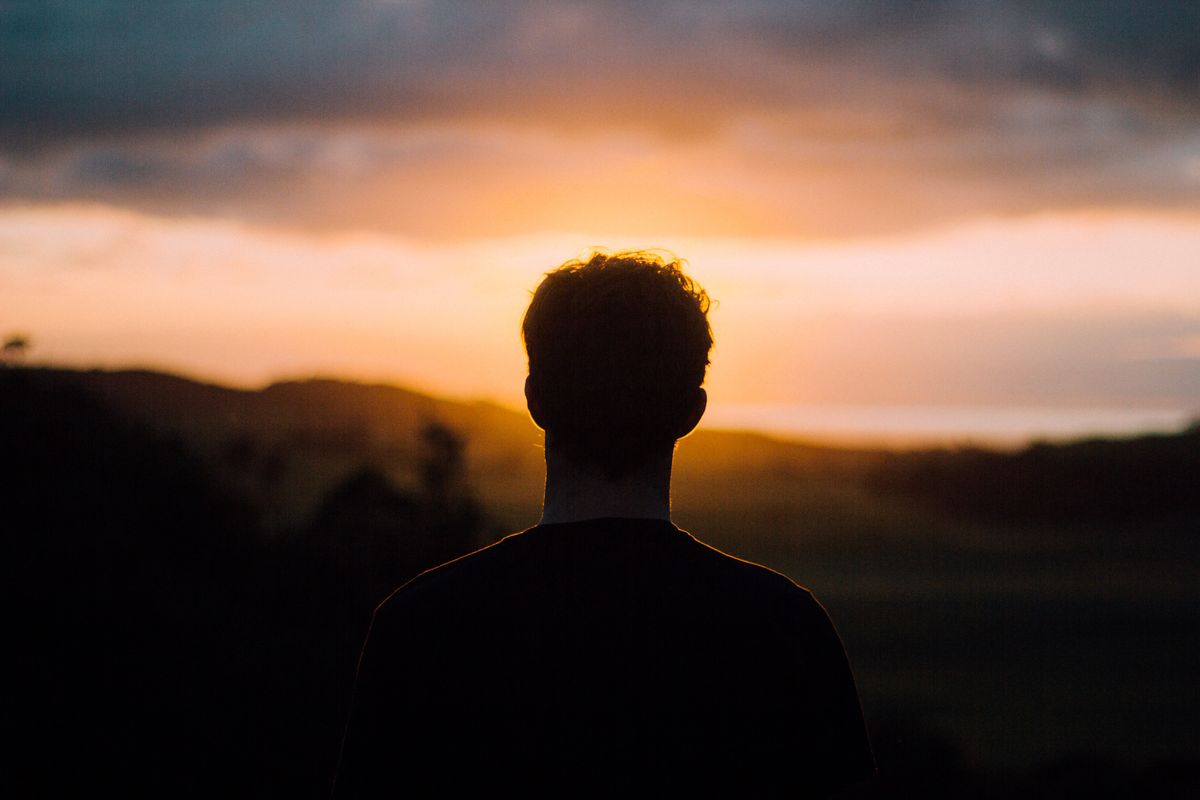
Love takes off the masks that we fear we cannot live without and know we cannot live within. —James Baldwin
From the moment I entered kindergarten through my high school graduation and into my first two years of college, I knew not a single Black person.
I was raised in Orange County, California, the white suburbs of Los Angeles, contented in my white neighborhood, white school, and white church. I knew Black people existed; I was a child of the ’60s who saw the headlines of the Civil Rights protests, the pictures of fire hoses and police dogs set upon Black protesters, the face of Martin Luther King under the headline telling us of his murder.
I lived too far away to see Watts burning, but I watched endless coverage on TV, the breathless reporting of Happening Now in Los Angeles: The City Is Burning. I was curious about what was going on, but incurious as to why or to whom these events happened. The answers given to me as a pre-teen were satisfactory: “Black people were just never happy with what they had. We’ve come so far since the olden days. Everyone has a chance now. If we could all just get along as Americans, we’d be fine.”
I finished college, got married, found jobs here and there in whatever seemed interesting. When I turned thirty, I found my groove and moved from one high tech company to another until I ended up in Seattle, working in the job I’m most suited to be doing.
The world I lived in was almost entirely white. My wife and I raised our children in the right schools and in the conservative white church. White jobs, white coworkers, white friends, and conservative white Evangelical churches and color-coordinated politics. The party and the religion were intertwined like a caduceus, where healing would be found in their combined works. I even did some work in missions to help people in other countries, but they were there and I always came back here.
We had a tight group of friends with their own children, doing the same thing as us. They read similar books, listened to similar radio shows, and watched similar TV shows and movies. Sunday at church was our weekly anchor, and Fourth of July, Thanksgiving, and New Year’s Eve were our grand social events. Our culture was satisfying and precisely tuned to us because it was created by us and for us.
To my mind, life was good. I had everything I needed. We all did. We were symbols of American success. God blessed us, each and every one.
But I never had a meaningful conversation with anyone. My social connections were about presenting my best self and keeping it real by keeping hidden what was not perfect, the same as everyone else. We knew what not to talk about–all the stuff under the surface. No one could ever hear that. That’s just how it was, and it was all I knew.
By the time my kids were finishing high school and getting ready for college, I began growing restless. Despite my successes, I was discontented about something.

In the fall of 2008, I came across a poster at church. “Men’s small groups forming. Join now!” Hmm. I wonder if this is something I should check in to. I signed up.
We met Thursday nights. The leader and twelve guys ranged in age from mid-twenties to late-sixties. Some married, some single.
Eleven of us white. One of us Black. Andrew.
I’d never been in a social group with a Black man before. So, I did the conservative white Christian guy thing and enthusiastically ignored the fact that he was Black . . . to avoid talking about anything that might raise issues about color.
“Do you know that I’m Black?”
We all felt out the group dynamics, trying to discern how much information we should share and how we might listen without judging each other. We were just guys, you know. It was a men’s group. All of us the same, with the same issues. Our problems were unique to us as individuals, sure, but those problems stemmed from exactly the same circumstances and had exactly the same recommended paths to a solution. Nothing different between us.
After we met we went out to socialize. We hadn’t done the real work of digging into things yet. We gave safe reports of our lives, and we heard safe responses. I certainly wasn’t listening as I went through the motions.
But one night Andrew exploded.
“Do you know that I’m Black?”
Read the full article at OHF Weekly.
“On Icons and Justice”
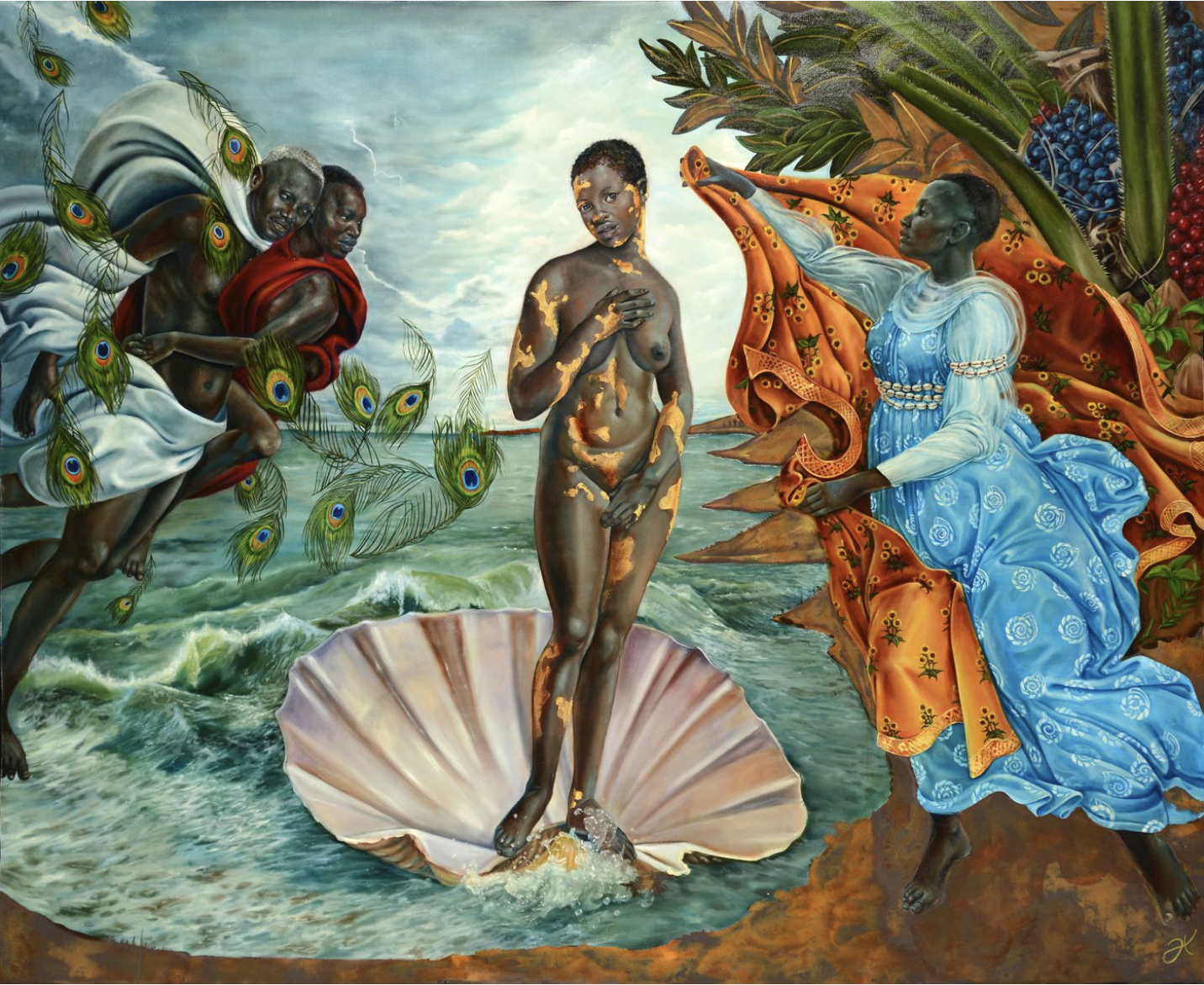
In the Merriam-Webster Dictionary, there are two definitions of “icon” relevant here:
- A person or thing widely admired especially for having great influence or significance in a particular sphere – for example, a civil rights icon; and
- Emblem, Symbol – for example, Rosie the Riveter, who represented the women who went to work in factories during WWII
It is not, I imagine, accidental that these examples relate to human rights. Who is more iconic than someone who supports or represents the rights of others?
Ever since the debate about “historic” statues coming down in the past several years, I have spent some time thinking about the role of an icon and the purpose they do—or don’t—fulfill. What are their qualifications? What percentage of the audience must agree with the choice? Are they even necessary? When do they do more harm than good?
I’m sure we all know the statues in question. Mostly America’s forefathers, virtually all white men: Washington, Jefferson, Hamilton, Franklin. All were integral to the country’s independence, and yet most or all were enslavers. Interestingly, many of the people who argue in favor of keeping the statues don’t try to convince us that they were good people, merely that they represent our history (as if textbooks are inadequate and we need that visual representation?). It’s as if the simple act of starting a revolution (on the winning side, at least) makes someone statue worthy.
Sometimes people will say, “You have to look at them in the context of the period in which they lived.” It’s an interesting argument, and it might hold some water if we were simply talking about powdered wigs or wooden teeth—not enslaving people. And then there’s the fact that many of the statues were erected not as a celebration of the country’s new-found freedom but rather during the Jim Crow era as an intimidation tactic, and all I can say to that is, No. Just, No.
Of course, there are very, very few non-white male statues, other than the Rev. Dr. Martin Luther King, Jr. Even if America’s forefathers hadn’t been enslavers, there is much to be said for diversity among icons such that there’s someone with whom we each have something in common; someone who looks like us and inspires us to be better. Or are white men the only people who need or deserve inspiration?
Obviously, I’m exposing a personal preference for a particular type of icon: someone who inspires us to be better as human beings. There’s a bit more specificity there than in the definition above, where one could be simply a sports icon or famous singer.
As the definition notes, an icon only needs to be influential within a particular sphere, but it seems to me that someone who we find admirable and influential should also inspire us to be our best selves in some way. So Michael Phelps, who overcame some personal demons, would be a better choice for a swimming icon than Ryan Lochte, even if their medal situation were reversed. Meanwhile, Serena Williams and Simone Biles would be even more iconic as sports stars who are also role models for young women, Black people, athletes, and, well, people.
Still, Michael Phelps would qualify as iconic to many, certainly swimmers, and probably most Olympians. This is important because no one person is perfect in every way, and it would set the bar too high for any one human to clear (especially given the level of scrutiny and lack of privacy today). Even MLK was imperfect.
Read the full article at OHF Weekly.
“Respect and Love”
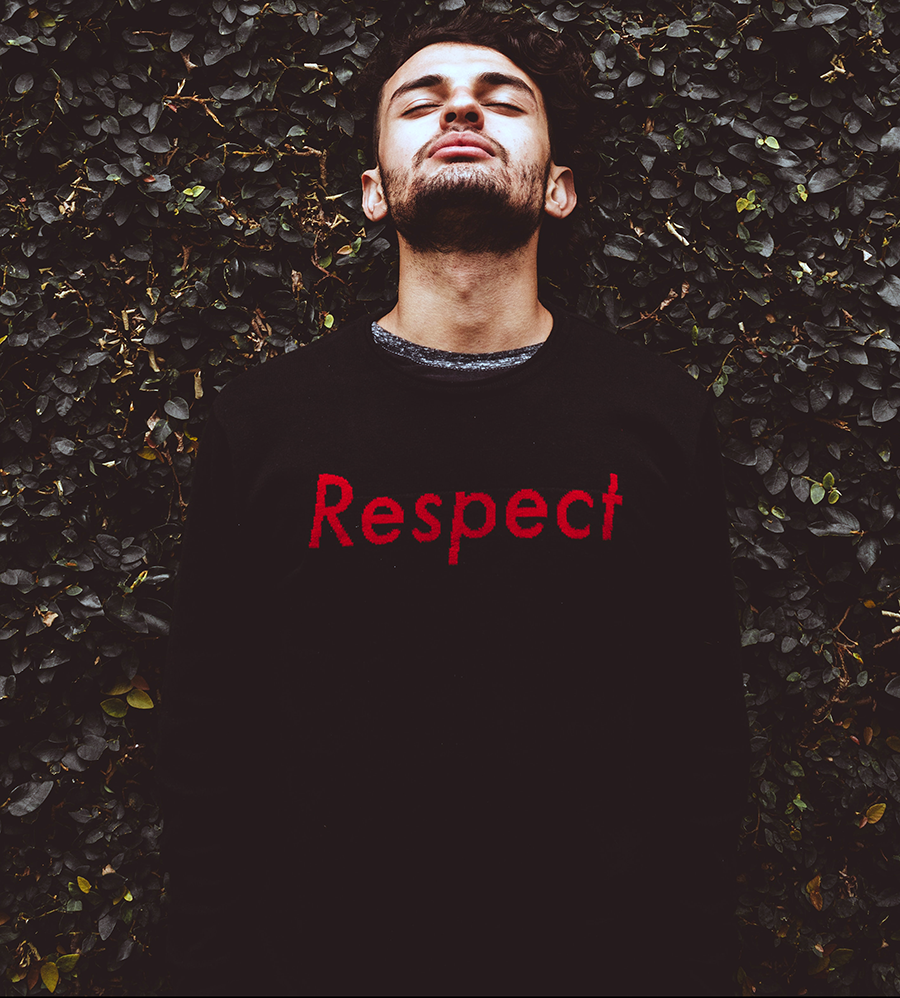
We all deserve kindness.
An older Black gentleman stands at the end of a freeway off-ramp. When the light turns red, he slowly shuffles down the hill toward the line of waiting cars. He doesn’t stop to ask for money. Instead, he walks past each car holding his “Please help” sign until the light turns green and the cars begin pulling away. Every once in a while, a hand waves him over and presses money into his hand. I’ve seen him there for about a year. I make sure to get in the lane closest to him so I can give him a few dollars. He always takes the money and grabs my hand as if I’m saving him from drowning. I stare into his eyes so he knows I see him. Perhaps I am saving him from drowning.
He doesn’t know his gentle smile has saved me many times. His kindness makes me happy. Each time I see him, I wonder about his story. I wonder if his family knows he’s homeless. Does he have children? Grandchildren? A wife? I don’t ask because it’s none of my business.
If I can bring some sunshine to his spirit, I’ll do it. No one grows up wanting to be homeless. Yet here he is every day on this off-ramp silently making his trek up and down a hill hoping for a little kindness. Everyone needs kindness, and no one deserves to feel invisible.
We all deserve to raise our children without fear.
The current political climate might say differently, but people generally want the same things. Every parent wants to raise their children in a carefree environment. No parents should worry about whether their child will be gunned down in a place of learning or in their own neighborhood. Parents want to believe their children are safe playing outside, walking to a friend’s house, or sitting in a classroom.
Every day parents give their child “the talk” in the hopes they will make good choices about their sexuality. No parent wants to sit their child down to give them the other talk—the one that goes, “If you’re stopped by the police, do what they say. Don’t talk back.” Too many parents make this hard decision. Do they tell their children about a world that will hate them because of their skin color, or do they stay silent and pray their children to adulthood? How can these parents not die a little inside as they tell their children about racism, knowing they are killing their innocence and forcing them to endure hatred they’re not ready to face? Every parent wants their children to have a carefree childhood.
Unfortunately, for some parents, keeping their child safe means awakening them to the reality that their skin color might mean their death. No parent wants to be Sybrina Fulton, the mother of Trayvon Martin; or Samira Rice, the mother of Tamir Rice; or Charmaine Edwards, the mother of Jordan Edwards. While we may parent differently, we love our children the same. I cannot imagine the pain these mothers must feel, knowing they’ll never see their children again.
Read the full article at OHF Weekly.
“When Confronting Racism, All You Need Is Love. Well, Sort Of.”
By Clay Rivers
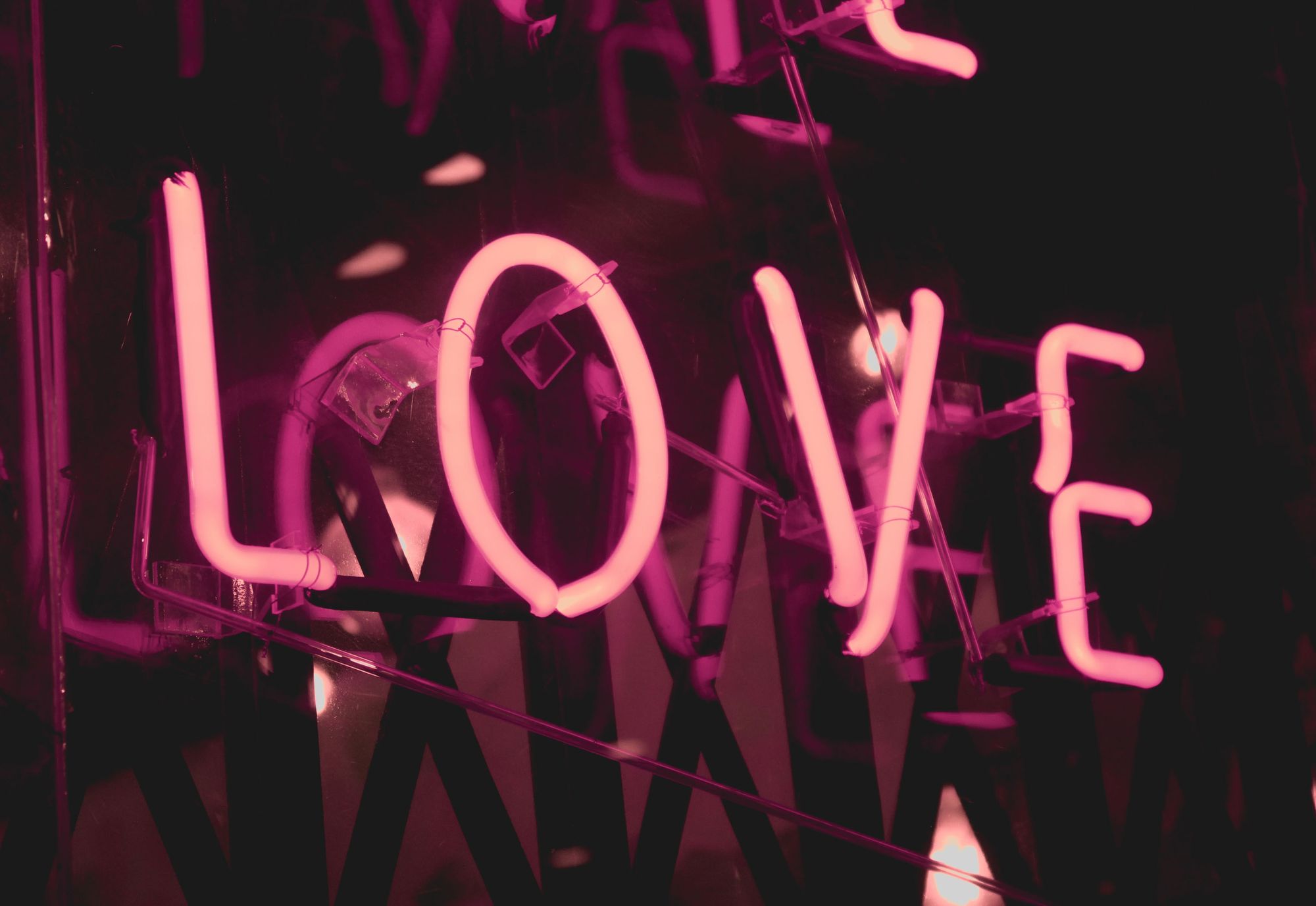
Everybody’s heard the Beatles’ hit “All You Need Is Love.” It’s catchy tune, with solid horn riffs, and thanks to their simplicity, the most profound lyrics ever written since “Happy Birthday.” Okay . . . I may have been stretching it a bit with the most profound lyrics ever written. But sometimes the most simple messages are the most profound. And that’s the sleight of hand that occurs in this song. The apparent simplicity of the message is not proportionate to facility or ease.
In last week’s letter from the editor, OHF Weekly Managing Editor Sherry Kappel dug into the glaring rise in hate speech and hate crimes. I’m of the mind that the best way to counter hate is with love. In fact, it’s the driving force behind everything we do at Our Human Family and OHF Weekly; so much so that we’ve adopted Jesus’ directive as our own: Love one another.
Truth be told, love is not all you need.
In the context of McCartney and Lennon’s lyrics, love is a noun, an object, a thing one possesses. Once in the listener’s possession, everything will be made right. The problem is that having a solution isn’t enough to solve a situation. If the thing is not used for its intended purpose, then it’s not fulfilling its purpose and the user doesn’t receive the full benefit of having it.
Let’s say it’s snowing out, and you don’t have protective outerwear. A friend drops by and gifts you a pea coat. The two of you decide to go for a walk in a park. Well, that pea coat only fulfills its purpose — to keep the wearer warm — unless you put it to use.
Read the full article at OHF Weekly.
Final Thoughts
